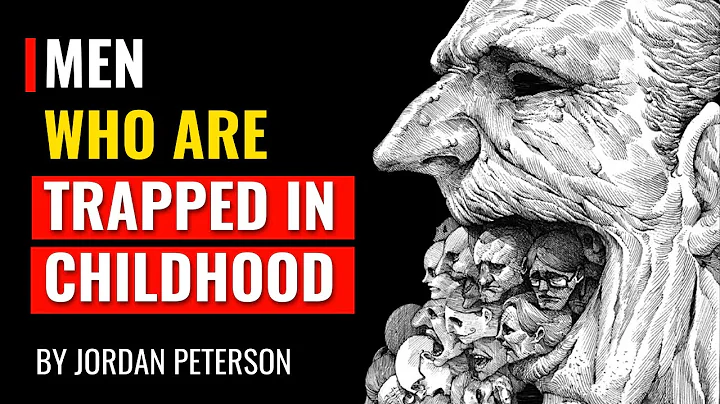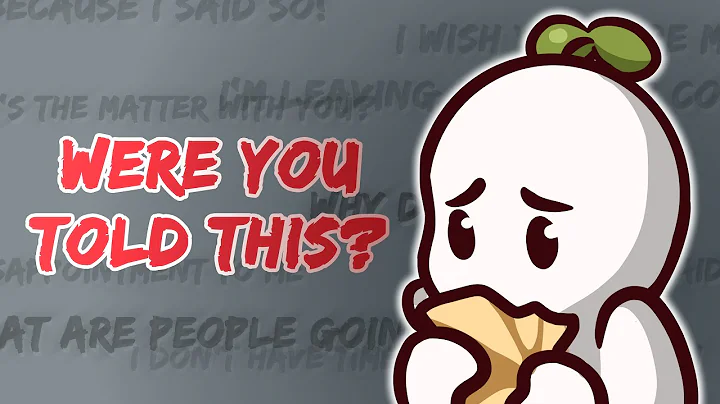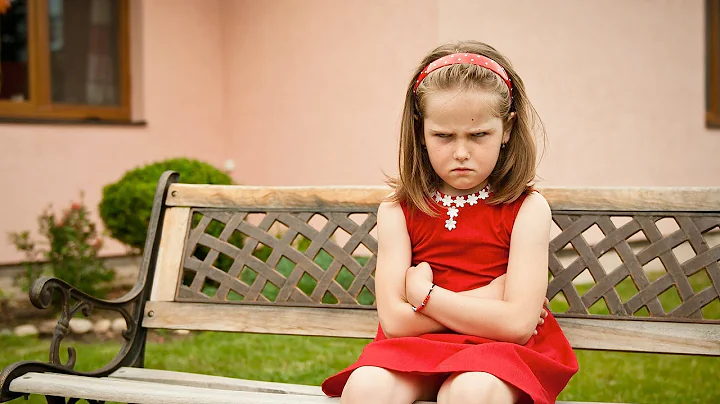
I often hear the anxiety of friends around me: Children who are only a few years old know how to lie. What will they do in the future? Is it because I didn’t teach you well? Is it really terrible for children to lie? What should parents do? Don't panic, let's take a look.
Canadian researchers found that: at the age of 2, about 25% of observed children have lied at least once; by about 4 years old, about 94% of observed children have lied at least once.
Touch your conscience and ask: Didn’t you lie when you were a child? So, please stay calm when lying to your children! Those who can't lie are in the minority. Children's early lying is mainly related to their age - the older they are, the more likely they are to lie. Children always learn to lie when the time comes.
It is not a bad thing for children to lie.
It can be said that "lying" is a "milestone" in a child's mental growth, because lying may mean that the child's cognitive ability and brain nerves are maturing. Studies have shown that lying is highly positively correlated with strong logic, language, and executive abilities. Even regardless of age, children with strong cognitive abilities are relatively more likely to lie.
When a child lies, he will think about when will the adult believe the lie? How to say it without being suspected. For example, if he does something bad and is not discovered on the spot, and he knows that he is likely to be scolded if he is discovered, he may choose to lie to cover it up. If he is caught on the spot, lying will definitely be useless. When
is lying, he will observe the reaction of the adults, that is, watch their words and emotions, and then analyze the collected information to judge whether the adults believe his lie and straighten out the logic, that is, to see how to "justify himself."
So, children who lie may be smarter.
If a child lies, what should parents do?
In our adult eyes, lying is always wrong no matter what. Although it is said that children's lying is a manifestation of mental growth, we cannot let it develop and let children lie and become a talkative person. Instead, we must guide them correctly. So what should parents do?
First of all, we must distinguish the nature of children's lies. Children between 3 and 6 years old are the age full of imagination. One day they may suddenly say: Mom, I saw the flower fairy. This is not a lie. Parents should not label their children with fabricated labels and destroy their wild imagination.
Secondly, if you lie because you are afraid of being scolded for doing something wrong, parents should give you correct guidance. One day, Yan's mother and her brother were playing on the bed. The younger brother burst into tears. From the corner of her eye, Yan's mother saw that her older sister had accidentally hit her younger brother on the head. She asked her older sister if she had accidentally hit her younger brother. She didn't. Admit it, say no. Yan's mother said to her sister: Mom won't be angry because you accidentally hit your brother, but she will be angry because you didn't admit what you did. Finally, the sister said that it was indeed her who hit her brother on the head, but accidentally. Yan's mother didn't blame her sister, but hugged her and said she should pay attention next time.
Lastly, and most importantly, parents must take responsibility for themselves and not lie. Especially, they must be trustworthy and do what they say. If the child always excuses himself by saying "next time" when he cries for something, but then fails to do it next time, this will destroy the parents' trust in the child and make the child feel that this is not a big problem.
What do you want to say about children lying?





















